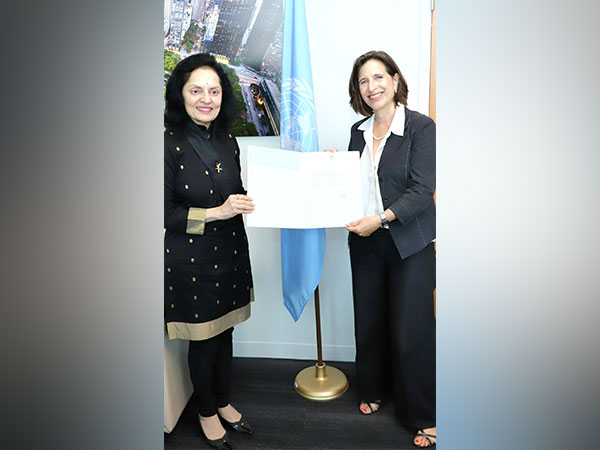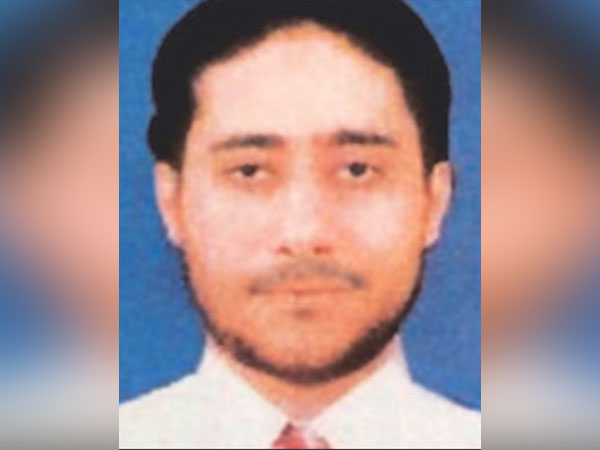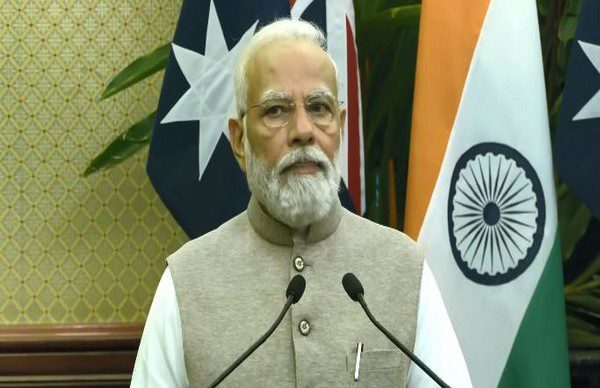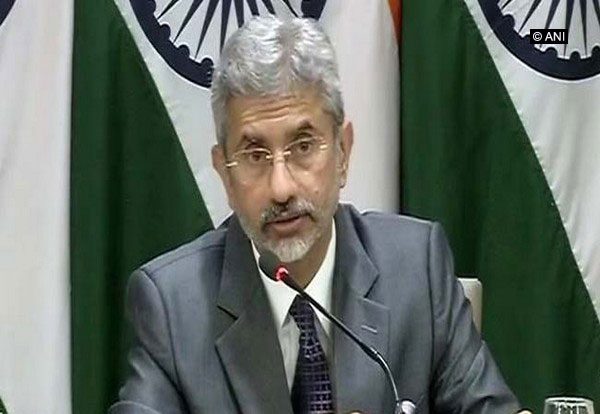India has lashed out at China for blocking proposals at the United Nations to designate Pakistan-based Lashkar-e-Tayyiba’s Sajid Mir as a “global terrorist.”
“…If we cannot get established terrorists who have been proscribed across global landscapes listed under security council architecture for pure geopolitical interest, then we do not really have the genuine political will needed to sincerely fight this challenge of terrorism…,” Prakash Gupta, Joint Secretary, at the Ministry of External Affairs, said at the United Nations counter-terror meeting on Tuesday.
In a stern response to China’s move at a high-level summit, India without naming its neighbouring country said it “had strong reasons to believe that something was genuinely wrong in the global sanctions regime as manifested in the Security Council.”
Detailing a history of terror attacks in India, Gupta said, “India has faced the brunt of terrorism largely flowing from across our borders for well over three decades. Whether it is the Mumbai terror attack of 2008, the 2016 Pathankot Air Base attack, or the 2019 Pulwama terror attacks, we have lost several thousands of innocent civilians as well as the bravest of our armed forces in this battle against terrorism.”
“But regretfully, justice still continues to elude the victims of the Mumbai terror attacks,” he added.
The MEA Joint Secretary then played an audio in which Mir is heard instructing the attack on Chabad House, one of the terror targets in the Mumbai attack.
“Even as the terror attacks were unfolding, Sajid Mir, a very dreaded terrorist who directed the terrorists from across the border in real time to hunt down foreigners in the Taj Hotel and kill them indiscriminately. He was listed as a proscribed terrorist under the national laws of India. He was prescribed, under the laws of the United States, this host country and of several other countries globally, many of whose nationals lost their lives,” Gupta added.
He then in a veiled attack on China said, “When the proposal for labelling him as a global terrorist did not go through the Security Council sanctions regime, we had strong reasons to believe that something was genuinely wrong in the global sanctions regime as manifested in the Security Council.”
“We really do not have the genuine political will needed to sincerely fight this challenge of terrorism,” India said.
Even 15 years after the Mumbai terrorist attacks, its masterminds have not yet been brought to justice.
So the first and most critical gap we feel addressing is avoiding double standards and this self-defeating justification of good terrorists versus bad terrorists.
The MEA joint secretary also reiterated PM Modi and said, “We consider that even a single attack is one too many, and even a single life lost is one too many.”
On Tuesday, Beijing blocked the proposal that had been moved by the US and co-designated by India to blacklist Mir under the 1267 Al Qaeda Sanctions Committee of the UN Security Council as a global terrorist and subject him to assets freeze, travel ban and arms embargo.
China’s blocking of the proposal by US and India comes as prime minister Narendra Modi is in the US for his first State visit.
Sajid Mir, one of India’s most wanted terrorists, is wanted for his involvement in the 2008 terrorist attacks in Mumbai, India. Mir served as the chief planner of the attacks, directing preparations and reconnaissance, and was one of the Pakistan-based controllers during the attacks.
“Beginning on November 26, 2008, and continuing through November 29, 2008, ten attackers trained by the Pakistan-based foreign terrorist organization Lashkar-e-Tayyiba (LeT) carried out a series of coordinated attacks against multiple targets in Mumbai, including hotels, cafes, and a train station, killing approximately 170 people. Six Americans were killed during the three-day attacks,” the FBI website reads.
Earlier in 2022, India at the UN counter-terror meet in Mumbai revealed in detail Pakistan’s role in the 26/11 Mumbai terror attack by playing Pakistan-based terrorist Sajid Mir’s audiotape. In the audio clip, he is heard directing the attack on Chabad House during Mumbai 26/11 terror attacks.
Meanwhile, China, in recent months, has blocked several bids to designate several terrorists based in Pakistan. In October last year, Beijing put on hold a proposal to list Talha Saeed, son of Lashkar-e-Taiba (LeT) chief Hafiz Saeed. This bid was moved by India and co-supported by the US, under the 1267 sanction regime.
It was the fifth time that China has blocked an India-US proposal in recent months, Lashkar-e-Taiba member Shahid Mahmood in October, Lashkar-e-Taiba (LeT) terrorist Sajid Mir in September, LeT and Jamaat-ud-Dawa (JuD) leader Abdul Rehman Makki in June, as well as Abdul Rauf Azhar in August, the brother of Jaish-e Mohammed (JEM) chief Masood Azhar, were protected by Beijing. (ANI)
Read More: http://13.232.95.176/








